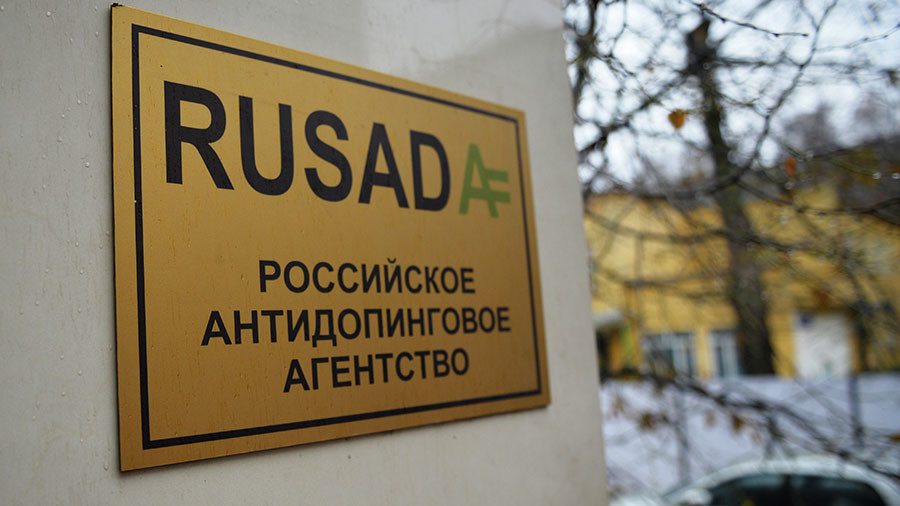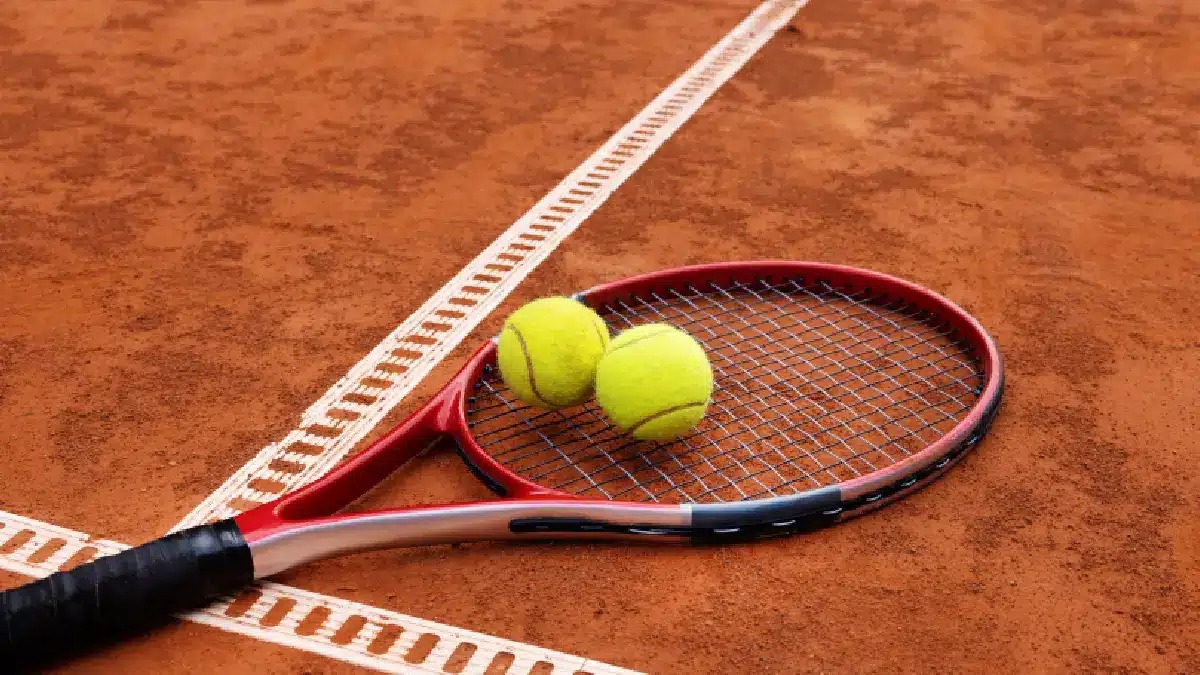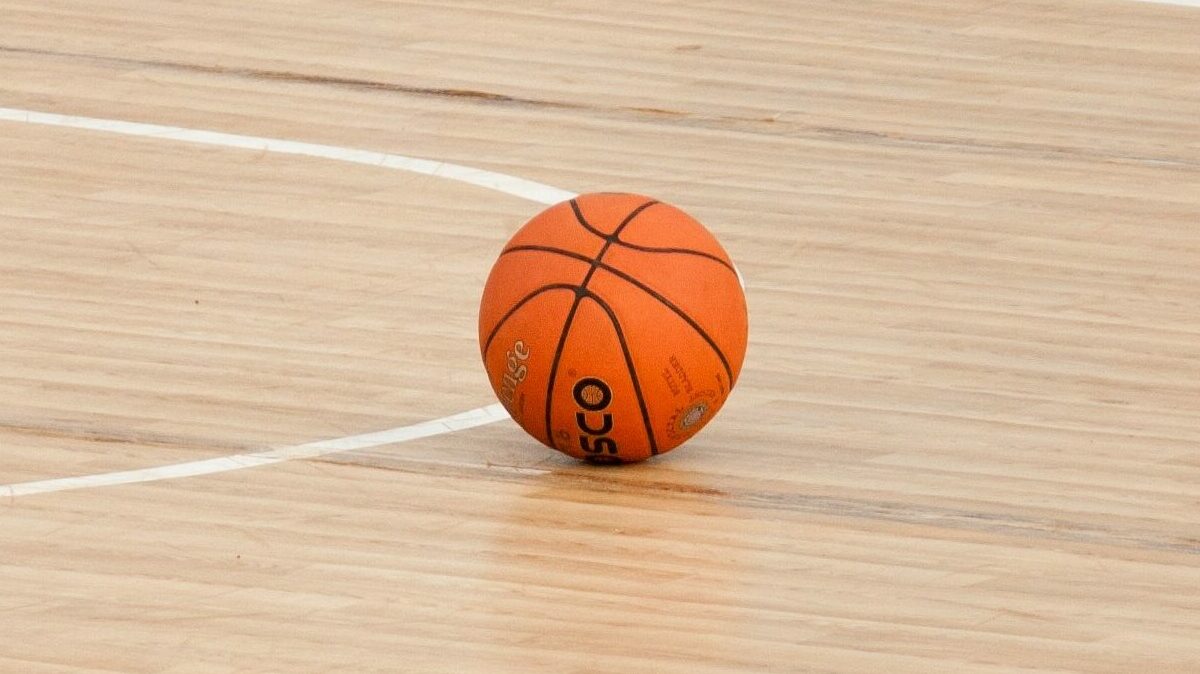Report: WADA Suspects New Tampering by RUSADA
A new report ahead of a Monday meeting of the World Anti-Doping Agency (WADA) may prove that the newly-reinstated RUSADA...

A new report ahead of a Monday meeting of the World Anti-Doping Agency (WADA) may prove that the newly-reinstated RUSADA submitted falsified data and samples to the regulator.
RUSADA May Have Tampered with Athletes Samples
The Russian anti-doping agency may have tampered with doping data, sources have revealed. According to investigators who spoke to The Associated Press, the data and samples received by the World Anti-Doping Agency (WADA) before may have in fact been tampered with by the Russian watchdog (RUSADA)
If this proves true, Russian athletes will risk being suspended from international competitions yet again. WADA has successfully examined the data from the 2014 Sochi Olympics which have pointed to serious and wide-spread use of performance enhancement drugs banned under international laws.
WADA obtained the data voluntarily with the Russian anti-doping agency assisting. However, now a new report stipulates that the data may have in fact been manipulated prior to being sent to WADA back in late 2018, early 2019.
The World’s doping watchdog is prepared to reveal more data in an upcoming meeting on Monday in Tokyo. Multiple international athletic organizations are investigating Russia for massive drug enhancement practices.
The International Association of Athletics Federations (IAAF) has refused to lift the ban it has on Russian runners and other athletes.
What Are the Long-Term Repercussions for Russian Athletics?
Should the latest report turn out to be true, Russia may use its privilege to participate in international competitions for years to come. Even though this would be a severe move, it may prove one that is very likely.
That could further affect Russia’s Olympics prospects as well. However, WADA will have to prove at the Court of Arbitration for Sport that RUSADA has been knowingly and intentionally sabotaging and tampering with data, something that won’t prove very easy to begin with.
One difficulty comes from the fact that many athletes who may have cheated have had clean samples put on record. Therefore, the laboratory’s data – the one in Moscow that tested the athletes – was long considered to be a crucial detail in the case.
However, if the reports prove truthful, then there would be no telling what part of the data is true – let alone for WADA to build a case and bring it to a successful closure at CAS. WADA president Craig Reedie has recently said that there could be as many as many as 100 athletes risking cases against them by the organization.
As Reedie is readying to leave office in November, WADA will be gearing up to launch an array of legal cases against Russia’s watchdog as well as many of the country’s top athletes.
Further Reading

NFL 3 hours ago
NFL 2025: Minnesota Vikings Over/Under For Wins
NHL 21 hours ago
Early Stanley Cup 2026 Odds
 0
0













